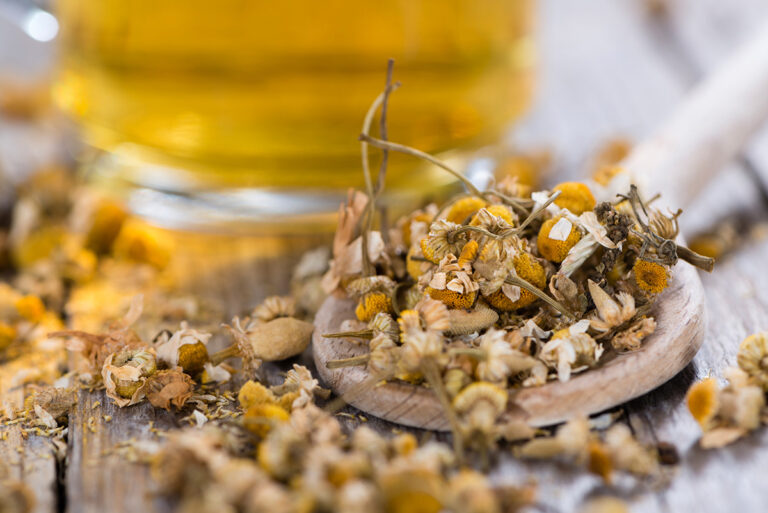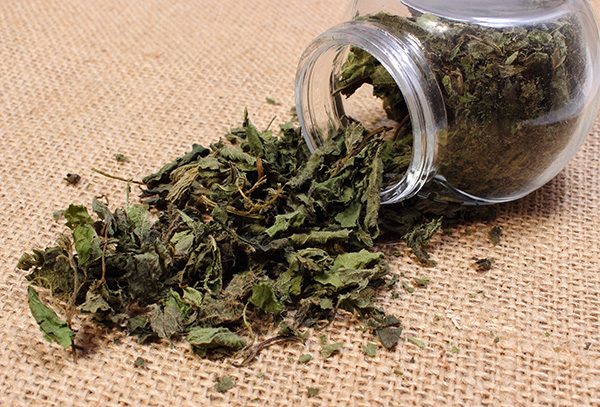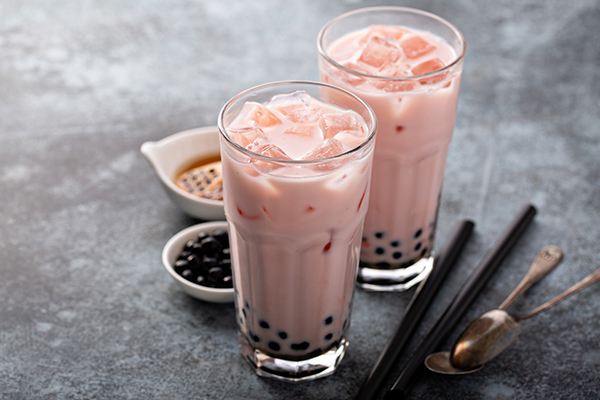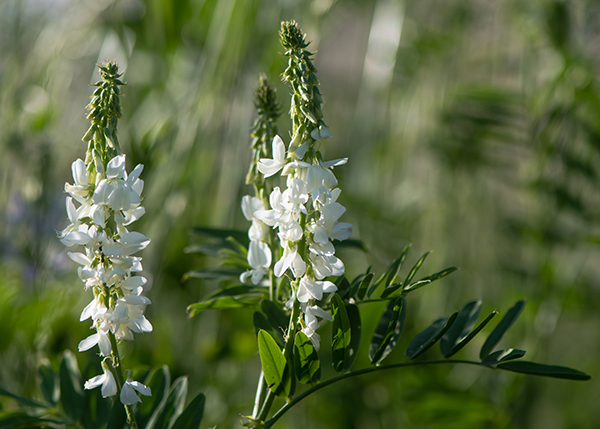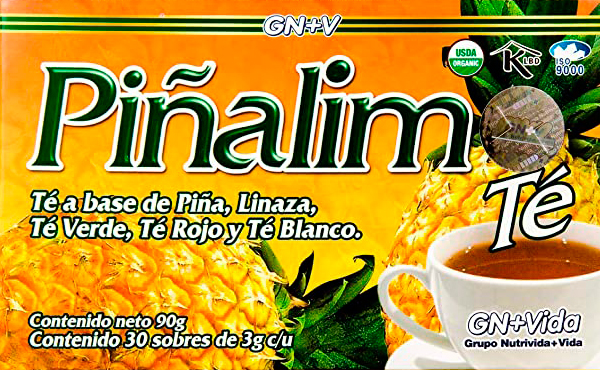Elderberry and Echinacea Tea: Benefits, Side Effects, and How to Make It
Elderberry and echinacea tea is a popular herbal blend known for its potential health benefits.
In this article, we will delve into the properties of these two powerful plants, discuss the potential health benefits and side effects, and provide a recipe for making your own elderberry and echinacea tea.
What Is Elderberry and Echinacea Tea?
Elderberry and echinacea tea is a blend of two potent herbs: elderberry (Sambucus nigra) and echinacea (Echinacea purpurea). Elderberry is a small, dark purple berry that has been used for centuries in traditional medicine to treat various ailments. Echinacea is a flowering plant native to North America, also used for medicinal purposes. Together, they create a powerful herbal tea that is believed to offer numerous health benefits.
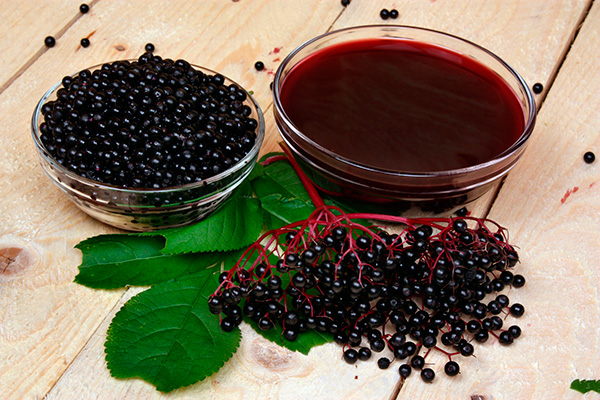
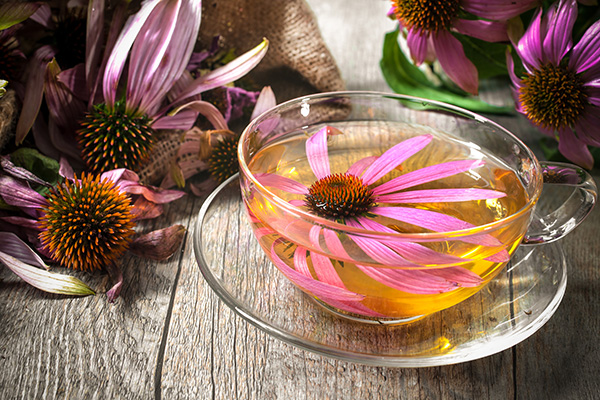
Potential Health Benefits of Elderberry and Echinacea Tea
Immune System Support
Elderberry and echinacea tea is thought to strengthen the immune system due to their high content of antioxidants and anti-inflammatory compounds. Both plants have been studied for their potential to enhance the body’s natural defenses against viruses and bacteria.
Cold and Flu Relief
Elderberry has been traditionally used to treat cold and flu symptoms, and research supports its effectiveness in reducing the duration and severity of these infections. Echinacea, on the other hand, may help boost the immune system and aid in reducing the chances of catching a cold.
Allergy Relief
Echinacea is believed to possess natural antihistamine properties, which may help alleviate allergy symptoms such as sneezing, itching, and congestion.
Anti-Inflammatory Properties
Both elderberry and echinacea contain anti-inflammatory compounds that may help reduce inflammation in the body, potentially providing relief from conditions such as arthritis and inflammatory bowel disease.
Elderberry and Echinacea Tea Side Effects
Allergic Reactions
Some individuals may be allergic to either elderberry or echinacea, causing symptoms such as itching, hives, or difficulty breathing. If you experience any of these symptoms after consuming the tea, discontinue use and consult a healthcare professional.
Diuretic Effects
Echinacea can act as a diuretic, increasing the production of urine. If you are taking diuretic medications or have kidney problems, consult with your healthcare provider before consuming elderberry and echinacea tea.
Gastrointestinal Issues
Some people may experience gastrointestinal issues such as nausea, vomiting, or diarrhea after consuming elderberry and echinacea tea. If these symptoms occur, consider reducing the amount of tea consumed or discontinuing use.
Who Should Not Drink Elderberry and Echinacea Tea?
Pregnant or nursing women, children, and individuals with autoimmune disorders should avoid consuming elderberry and echinacea tea. Always consult with your healthcare provider before introducing any new herbal remedy into your routine.
How to Make Elderberry and Echinacea Tea
To make elderberry and echinacea tea, follow these steps:
- Combine 1 tablespoon of dried elderberries and 1 tablespoon of dried echinacea in a teapot or heat-resistant container.
- Pour 2 cups of boiling water over the herbs and let steep for 10-15 minutes.
- Strain the tea into cups and enjoy.
Remember to follow the manufacturer’s guidelines stated on the packaging if using a branded product bought online or at a local store.
Final Thoughts
Elderberry and echinacea tea offers a range of potential health benefits, from immune system support to allergy relief. However, it’s essential to be aware of the possible side effects and consult with your healthcare provider before consuming this herbal blend, especially if you have a pre-existing medical condition or are pregnant or nursing. By following the recommended guidelines for preparation and consumption, you can enjoy the potential health benefits of elderberry and echinacea tea while minimizing any risks.
FAQ
What Does Elderberry and Echinacea Tea Taste Like?
Elderberry and echinacea tea has a unique flavor profile. Elderberry imparts a fruity, slightly tart taste, while echinacea contributes an earthy, mildly bitter note. The combination results in a pleasant, well-balanced taste.
When Should I Drink Elderberry and Echinacea Tea?
For general immune support, you can drink elderberry and echinacea tea daily. If you’re using it to help fight a cold or flu, it’s best to start drinking the tea at the first sign of symptoms and continue until they subside.
How Often Can You Drink Elderberry and Echinacea Tea?
In general, you can drink elderberry and echinacea tea 2-3 times per day. However, always follow the manufacturer’s guidelines stated on the packaging if using a branded product, or consult your healthcare provider for personalized advice.
How Long Can You Drink Elderberry and Echinacea Tea Safely?
There isn’t a specific time limit for drinking elderberry and echinacea tea, as long as you don’t exceed the recommended daily amount. However, if you experience any side effects or have concerns about long-term use, consult your healthcare provider for guidance. It’s also important to remember that while herbal teas can provide health benefits, they should not replace conventional medical treatment for serious health conditions.

